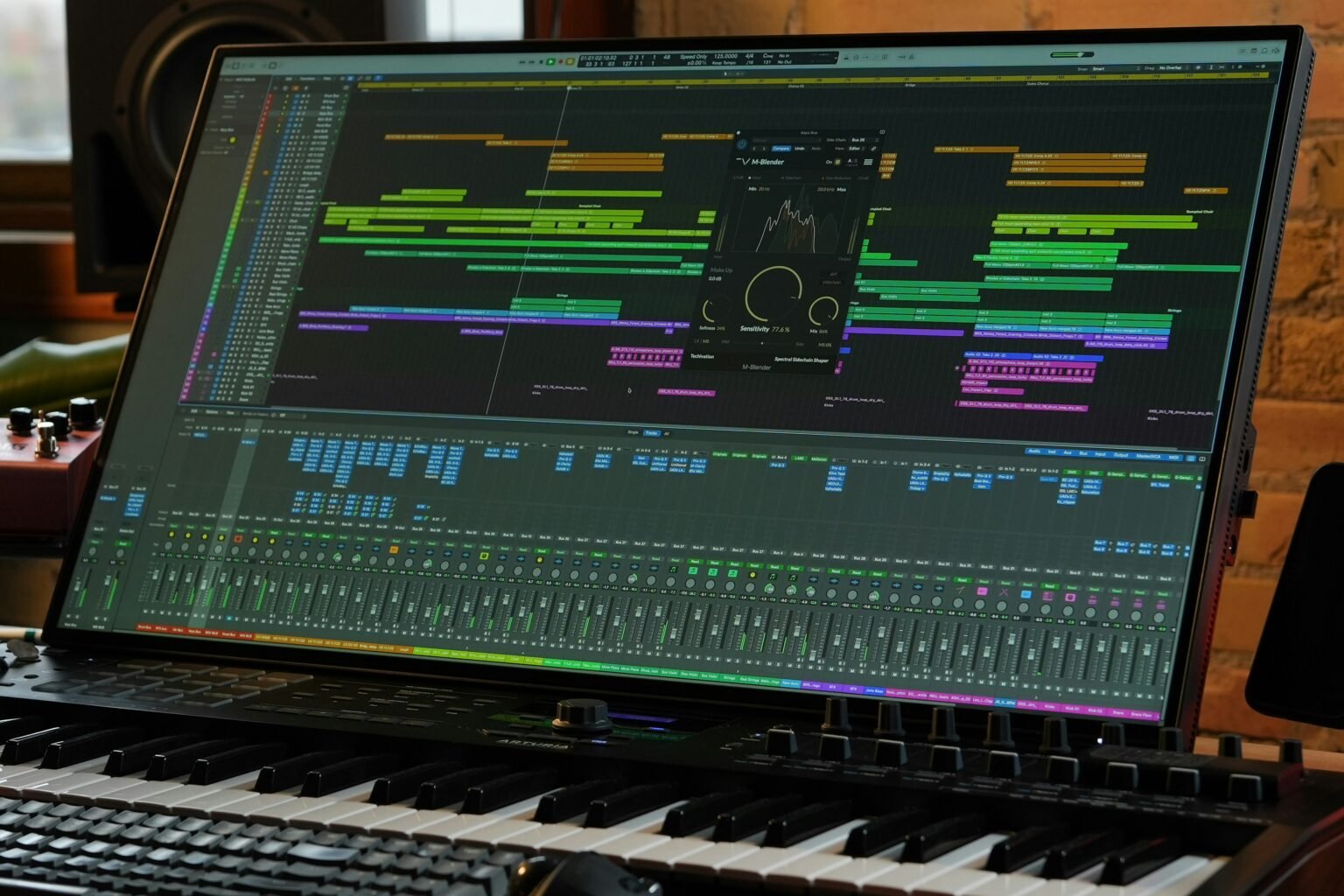Introduction
AI vocals are changing how music is made. This technology allows machines to create voices that can sing or speak. But can machines truly create original vocals? Let’s understand this in the below article!
What Are AI-Vocals?
They are machine-generated voices that sound like humans. These voices can sing or talk based on input from users. AI tools study recordings of real voices to learn patterns in tone, rhythm, and pitch. With this knowledge, they create new vocals using provided lyrics or melodies.
Vocals AI do not require human singers to record their voices in a studio. Instead, they rely on algorithms and data. This makes the process faster and more accessible, especially for beginners or smaller creators who may not have access to professional resources.
How AI-Vocals Improve Over Time
In the beginning, tools like vocoders produced robotic, unnatural sounds that didn’t feel very lifelike. Early AI technologies struggled to mimic the complexities of human voices. These voices lacked emotion and were mostly used for basic tasks.
Over the years, advanced tools like Vocaloid and Synthesizer V appeared. These tools now produce realistic voices that users can customize for tone, emotion, and style. For example, artists can adjust the AI voice to sound happy, sad, or energetic, depending on the needs of their song.
AI technology continues to improve. Some tools even allow users to create Vocal AI in different languages or mimic specific accents. In the future, AI might improve so much that its AI vocals sound almost identical to human voices, making it hard to tell them apart.
How AI-Powered Vocals Impact Music Composition
AI vocals make music creation easier for everyone. People who cannot hire professional singers can still create songs. With just a computer and an AI tool, anyone can bring their musical ideas to life. This accessibility empowers independent musicians and small creators who may not have large budgets.
These tools also encourage creativity by letting artists explore new styles and languages. Additionally, AI speeds up production by removing the need for long recording sessions, saving both time and effort. Artists can experiment with different melodies or lyrics without waiting for a singer to re-record each version. This allows for quicker revisions and a smoother workflow.
Are AI-Vocals Truly Original?
AI creates new sounds by combining patterns from the data it learns. While the output can feel unique, it is not completely original because it depends on existing data. AI tools analyze thousands of recordings and generate vocals based on what they have learned.
Although AI can create new combinations of sounds, it lacks the human touch. AI does not feel emotions or understand the meaning behind the lyrics it sings. This limits its ability to create vocals that resonate deeply with listeners.
But when you pair it with human creativity then AI can help you in producing innovative and exciting music. A musician brings emotion and storytelling, whereas an AI provides precision and efficiency.
Challenges and Concerns
Vocal AI face some challenges. They often lack the emotional depth of human voices, making it harder for listeners to connect with them. This can make AI-generated music feel less personal.
Ethical problems also arise when people use AI to copy the voices of real artists without their permission. This misuse of technology raises questions about copyright and intellectual property. It is important to ensure that AI vocals are used responsibly.
Another issue is that overusing AI might reduce opportunities for human singers. If producers rely too much on AI, it could limit jobs for real artists. To avoid these problems, it’s important to balance AI with traditional methods and ensure that human talent remains valued.


